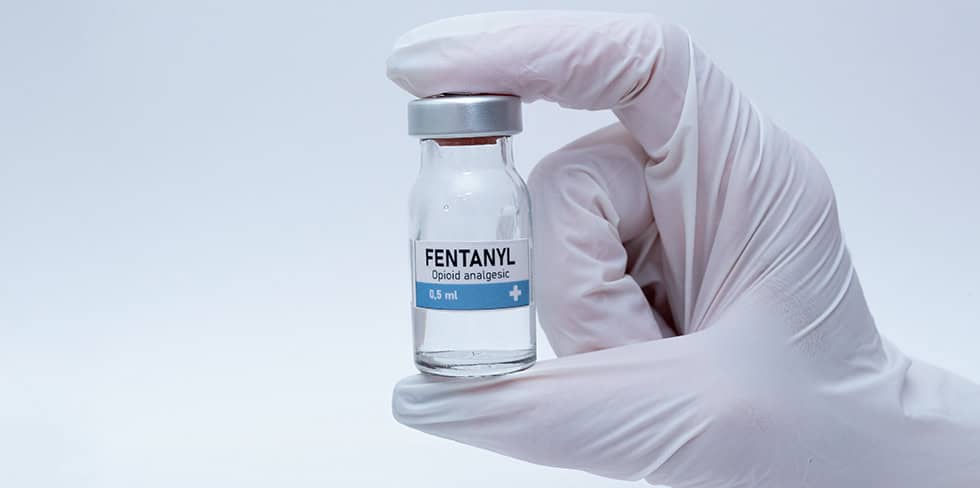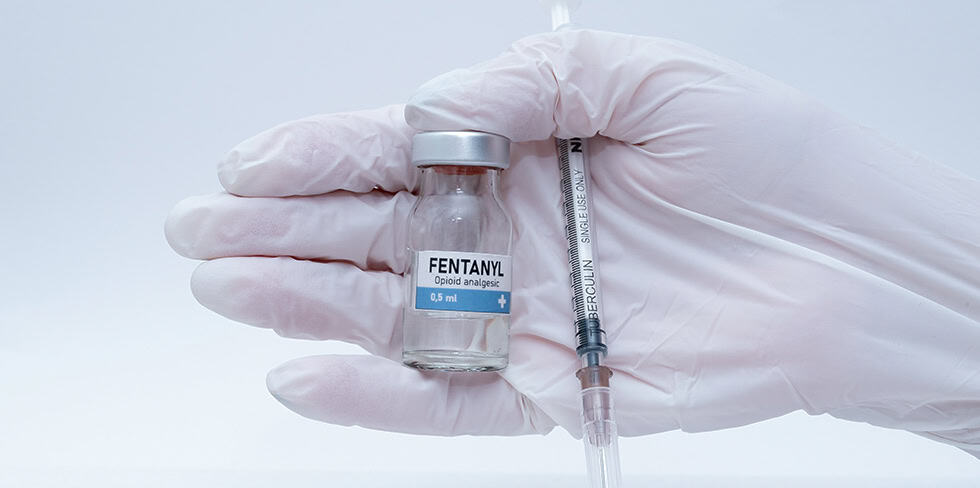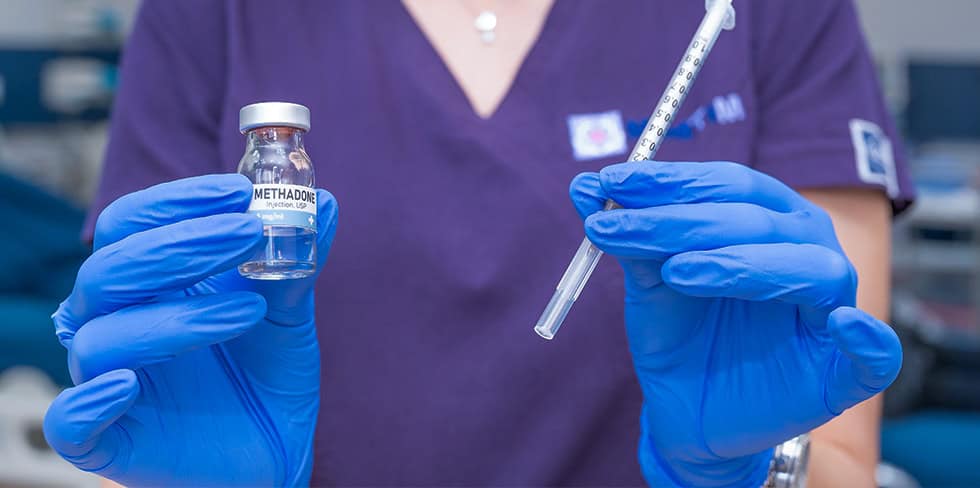Possibility of cost reimbursement through health insurance
Opiate addiction is a serious health issue that affects an individual’s physical and psychological well-being, as well as their social and professional functioning. Opiates are substances that act on the central nervous system, producing pain relief, a sense of euphoria, and, with long-term use, leading to the development of dependence.
Treatment for opiate addiction involves a combination of medical and psychological approaches, aimed at gradual withdrawal, reducing the risk of relapse, and supporting the patient’s reintegration into everyday life. The treatment process typically includes detoxification, medication-assisted therapy, psychological support, and rehabilitation. Access to treatment depends on the severity of the addiction, the patient’s overall health, and their individual needs.
The effectiveness of treatment relies on a combination of medical intervention and long-term psychosocial support, helping patients gradually regain control of their lives and reduce the risk of relapse.
Opiates are substances that act on the brain’s opioid receptors, reducing the perception of pain and producing feelings of euphoria and relaxation. Due to these effects, they are commonly prescribed as painkillers. However, prolonged or uncontrolled use can lead to the development of tolerance, as well as physical and psychological dependence.
Addiction develops because opiates affect the brain’s reward system, triggering the release of dopamine – a neurotransmitter responsible for feelings of pleasure. Over time, the brain reduces its own production of endorphins – natural painkillers that promote a sense of well-being – and becomes dependent on opiates to function normally. This leads to tolerance (the need for increasingly higher doses) and withdrawal symptoms when use is stopped.
Due to their powerful effects on the nervous system and high potential for misuse, many opiates are strictly controlled. Improper use can have serious consequences, including overdose and even death.

Opiates and opioids are substances used to relieve pain, but they also carry a high risk of addiction due to their powerful effects on the central nervous system. They differ in origin and chemical structure, and are classified as natural, semi-synthetic, or synthetic.
Natural opiates are derived from the opium poppy (Papaver somniferum) and form the basis of many medicinal drugs.
Opioid addiction develops gradually but leads to clear physical, psychological, and behavioral changes in the person abusing them. Symptoms can vary depending on the type of opioid, frequency of use, and individual tolerance, but over time they become increasingly severe and pronounced.
The use of opiates, whether for medical or illicit purposes, carries significant health risks. Addiction develops gradually, but the consequences can manifest quickly, especially in the case of an overdose. Depending on the amount, frequency, and method of consumption, the consequences can be divided into short-term and long-term.

Addiction to opiates does not develop overnight; rather, it progresses through gradual stages. What often starts as medical use or occasional recreational consumption can evolve into a serious issue due to the ability of these substances to alter brain function and create both physical and psychological dependence.
While these medications are effective when used as prescribed by a doctor, prolonged or improper use can lead to addiction. An individual may begin taking higher doses than prescribed, use the drugs without medical necessity, or combine them with alcohol or other substances, all of which increase the risk of misuse.
For some individuals, addiction begins through the recreational use of opiates, often driven by curiosity or social pressure. Opiates such as heroin or synthetic opioids like fentanyl are used for the euphoria and relaxation they produce.
However, even occasional use can swiftly lead to physical and psychological dependence, as the brain stops producing its own endorphins, becoming reliant on external substances to regulate mood and pain.
One of the primary characteristics of opiates is the rapid development of tolerance, where the body adapts to the substance, and higher doses are needed to achieve the same effect. This leads to more frequent use, an increasing amount of opiates consumed, and, in many cases, a shift to stronger and more dangerous substances.
Physical dependence occurs when the body starts to experience withdrawal symptoms in the absence of opiates, forcing the individual to continue using in order to avoid uncomfortable symptoms such as:
Psychological addiction, on the other hand, is reflected in the continuous need for the substance, obsessive thoughts about it, and a loss of control over one’s behaviour.
Due to these factors, addiction to opiates can develop rapidly, and the path from initial exposure to serious addiction can take as little as a few weeks.
Opiate addiction treatment is a complex process that requires medical, psychological, and social support. Addiction affects both the body and the mind, so therapy is carried out in multiple stages to achieve long-term recovery and reduce the risk of relapse.
Detoxification is the process of removing opiates from the body and marks the first stage of physical withdrawal. It can last from a few days to two weeks, depending on the type of substance and the duration of the addiction.
In medical facilities, detoxification is carried out under the supervision of a doctor, using medications that alleviate symptoms and prevent serious health complications.
Addiction is not just a physical problem; it alters the way a person thinks and behaves, which requires intensive psychotherapy. Psychotherapy helps patients identify the underlying causes of their addiction, develop stress management strategies, and build a life free from substances.
Psychotherapy is applied during and after detoxification, as it plays a vital role in relapse prevention.
Rehabilitation can last for months or even years, depending on the severity of the addiction and the individual motivations of the patient.
In some cases, abrupt cessation of opiate use may be risky, so drug substitution therapy is used to help control addiction and facilitate gradual weaning.
Medicinal therapy is used as part of a broader treatment plan, alongside psychological support and rehabilitation, to increase the chances of long-term recovery.
Opiate addiction treatment requires discipline, patience, and expert support, but with the right approach, full recovery and a return to normal life are possible.

The duration of treatment depends on several factors, including the severity of the addiction, the patient’s health, the type of opiate used, and the body’s response to therapy. The weaning process is typically carried out in several stages, from intensive medical treatment to long-term rehabilitation and follow-up programmes.
This phase involves detoxification and the initial stabilisation of the body. It is carried out in hospital settings or under strict medical supervision and typically lasts between 14 to 21 days, depending on the severity of the addiction and the patient’s physical condition.
If you would like to know more about the cost of opiate addiction treatment, please feel free to contact us by phone or email for all the necessary information about the treatment process and associated costs. Our consultants are always available to answer any questions related to opiate addiction treatment.
Opiate addiction treatment is not only an investment in your health but also a step towards a more stable, safer, and higher quality life, free from addiction.
Opiate addiction treatment requires a professional approach and continuous support, which our clinic provides through safe and effective solutions for every patient. Our medical team consists of experienced doctors and therapists who use personalised treatment methods tailored to the unique needs of each individual.
Detoxification is carried out in a painless and controlled manner, under constant medical supervision, with therapy to alleviate withdrawal symptoms and stabilise the body. After detoxification, patients undergo a rehabilitation process, including psychotherapy and relapse prevention strategies, to ensure lasting recovery results.
The first step towards healing is scheduling a consultation with our expert team. During this consultation, the patient’s condition will be assessed, and a personalised treatment plan will be created. To make this process easier, we offer a free consultation and the option to schedule an appointment via phone or email.